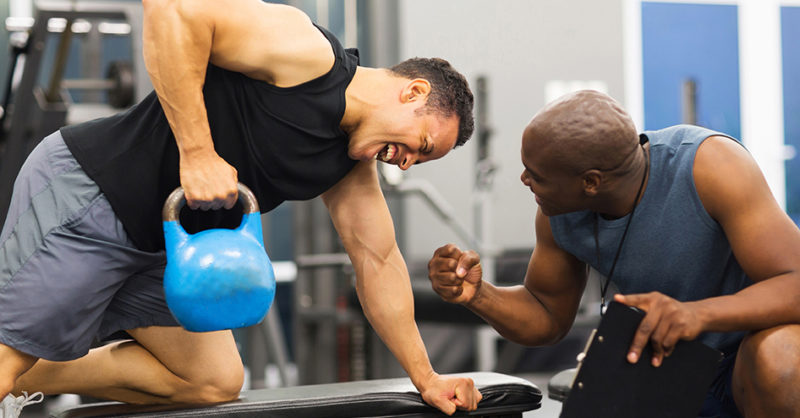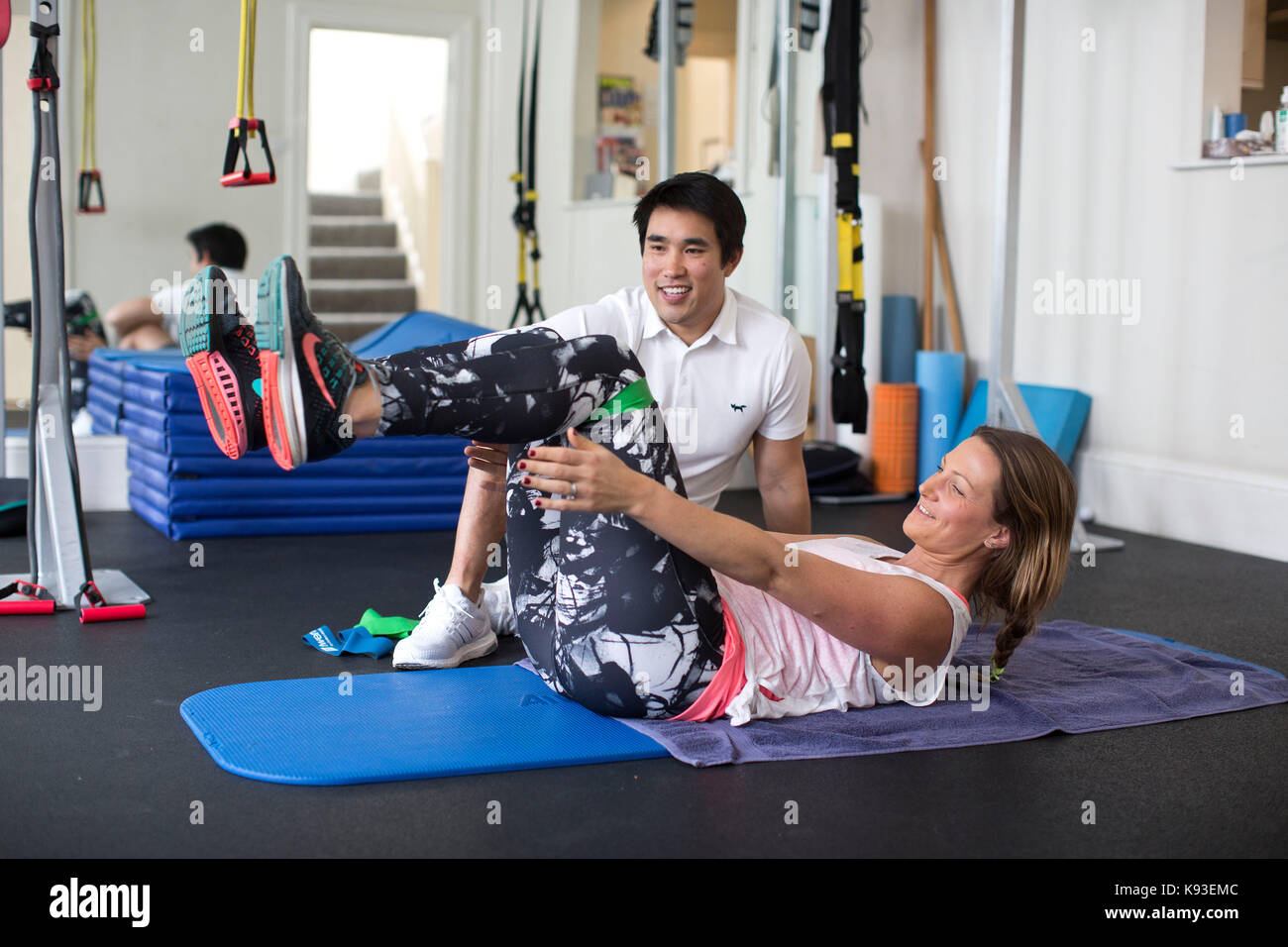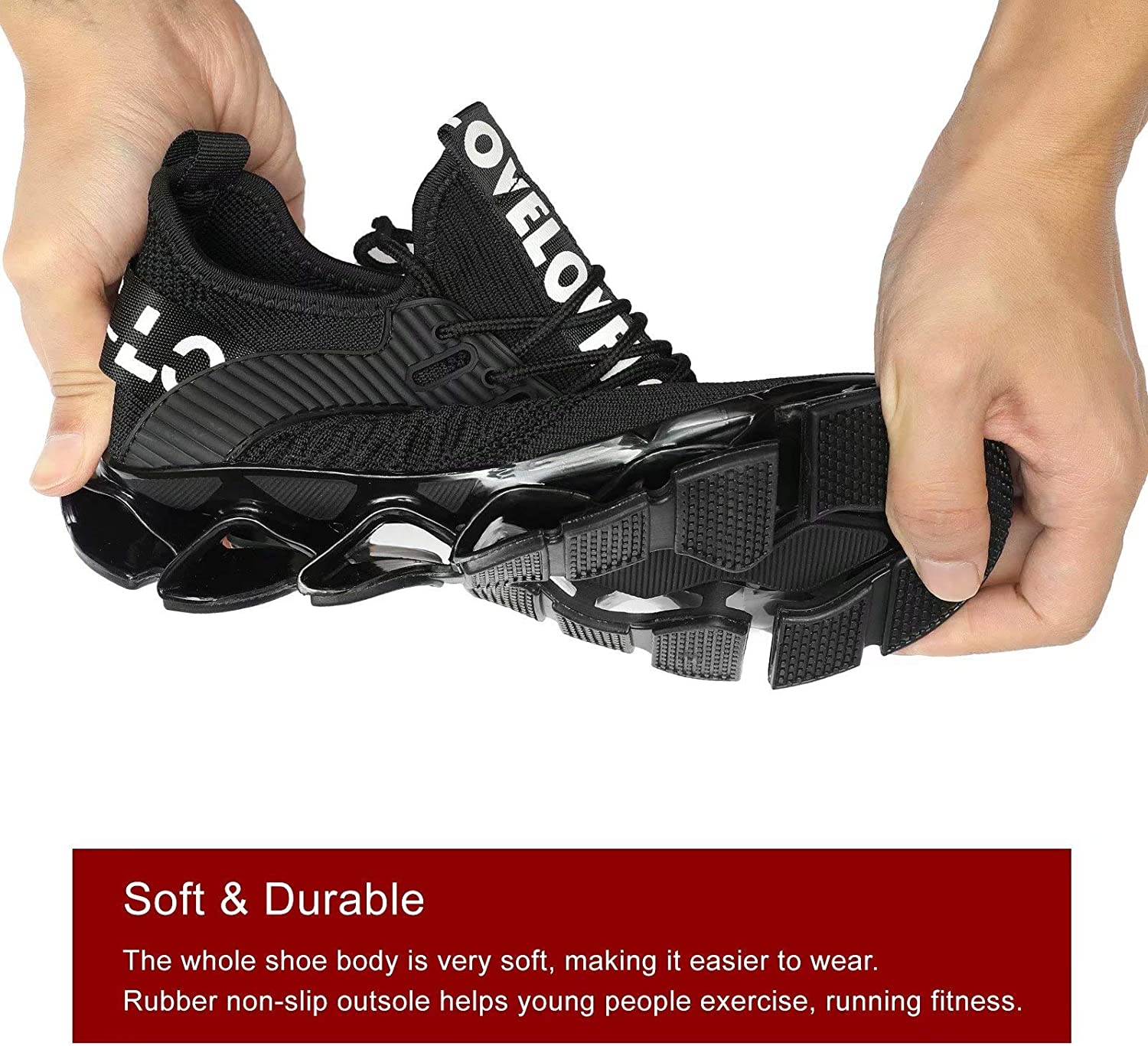
Your imagination is your only limitation when it comes to the earning potential of a career working in personal training. Personal training is about helping clients reach their fitness goals. A personal coach may deal with many different types and personalities of clients. If you are familiar with a specific client type, you may choose to specialize in that area. Most certifying agencies offer specialty certifications.
How to become a personal traine
Perhaps you are interested in a career as an instructor or personal trainer. Although there aren't many requirements, there are some that you must meet. These include being at minimum 18 years old, having a high-school diploma or GED and being at least 18. You also have the option to take advanced certifications.
A personal trainer's ability to communicate with clients is a must. You must be able to evaluate clients' fitness needs and provide services that meet their goals. Your ability to communicate well is essential as you will often be on your feet for extended periods of time.

Doing job
A personal trainer's job duties are varied. They can also run personal training sessions, marketing and sales. They also need to effectively book and manage time slots for clients. They need to communicate their training services and options to clients. They need to be able and willing to assist the gym team in marketing and promotions.
Personal trainers are professionals in fitness who specialize in the role of exercise for improving body function. They help clients develop positive, long-term habits through their expertise and knowledge. They can assist clients of all fitness levels and ages.
Certificate
The first step to becoming a personal training professional is to get certified. The American College of Sports Medicine offers many certifications. These certifications include topics like nutrition, injury prevention, and low-back disorders. ACSM also offers medical certifications.
Along with obtaining your certification you need to continue studying the industry. It is important that you are up to date on all developments in the field. Learn about the different types and benefits of various workout programs. This can be done through continuing education, workshops offered by the American Council on Exercise or attending fitness events.

Perspectives for the future
Personal trainers have a bright future. According to U.S. Bureau of Labor Statistics, the demand for trainers is up 10 percent. This is faster than the average growth rate for all occupations. There are many opportunities within the industry, such as entrepreneurship and management.
Each year, there are 69,000 jobs for personal trainers. Personal trainers are essential to the success of any health club. While the average personal trainer earns $40,700 per annum, it is possible to make a lot of money depending on where they reside.
FAQ
How do I get started with fitness?
Start small. Begin by taking 10 minutes each morning to walk around the block. This will allow you to learn the basic movements and give your body time to adjust to the new routine. After you have mastered this basic form of exercise, you can add more steps to your daily schedule.
Is it necessary to eat before exercising?
No. It doesn't matter what you eat before going to the gym. But if you're feeling hungry after exercising, you may be tempted to snack on light foods like yogurt or fruit.
What happens if I don’t get enough sleep?
Lack of sleep means that your brain does not receive enough signals to regulate hormones. You may also gain weight and overeat. Lack of sleep also increases stress levels, which can lead to overeating.
What does nutrition do for your body?
Your body can function properly if you get the proper nutrition. To ensure that your body receives adequate nutrition, it is best to eat a balanced meal with lots of fruits and vegetables, lean protein, whole grain, as well as healthy fats.
Do I need heat before exercising?
Warming up before an activity reduces muscle soreness and improves performance. Warming up can take many forms, including walking, running or jumping rope, stretching, or cycling. Begin slowly, and then increase the intensity.
Statistics
- Adolescent girls were less active than adolescent boys, with 85% vs. 78% not meeting WHO recommendations of at least 60 minutes of moderate to vigorous intensity physical activity per day. (who.int)
- Physical activity confers the following maternal and fetal health benefits: a decreased risk of pre-eclampsia, gestational hypertension, gestational diabetes (for example, 30% reduction in risk) (who.int)
- According to the Centers for Disease Control and Prevention, chronic diseases cause 7 out of 10 deaths in the U.S., and treating chronic diseases accounts for 86% of U.S. healthcare costs. (mana.md)
- In 2018, the World Health Assembly agreed on a global target to reduce physical inactivity by 15% by 2030 and align with the Sustainable Development Goals. (who.int)
External Links
How To
How To Stay Fit At 40
This article provides guidance for people who want to keep their bodies strong and healthy, even after turning 40. It covers some basic advice on how to eat right, exercise, sleep well and take care of your mental health. This article provides tips to help you live longer and be healthier.
-
Eat right - It is important to eat the right food when you are trying to lose weight. You should avoid processed foods products and opt to eat whole grains, fruits, vegetables and lean meats, fish and nuts as well as beans, seeds, nuts and seeds. If you don't like what you're eating, just add something else to your diet. You won't lose weight if you don't eat as much. Try adding small amounts of different foods to your daily meal. Try turkey once a week if you usually only eat chicken breast. Rice is another option if you enjoy pasta. These foods should be a part of your daily life.
-
Exercise - When exercising, make sure you work out at least three times a week. Include cardio activities like running, swimming, biking and dancing. You should also ensure you get enough sleep. It is recommended that you sleep for at least 8 hours each night. It is important to drink enough water throughout each day. Two liters (0.5 gallons), of water should be consumed each day.
-
Sleep well - A good night's sleep is key to staying healthy. The National Sleep Foundation says adults need at least 7-8 hours of sleep each night to maintain their physical and emotional health. However, most people average less than 6 hours of sleep per night. Changes to your sleeping routine can help you feel more rested and awake. By changing your sleeping time, you will be able to catch up more sleep. To help you relax and wind down, turn off your phone before you go to bed. Avoid caffeine after noon, as it can cause sleeplessness.
-
Take Care of Your Mental Health. Taking care of yourself is key to maintaining a healthy body. Stress can lead you to make poor choices in food and lifestyle choices. It is important to practice stress management techniques like meditation, yoga, breathing exercises, relaxation, and breathing exercises. Try to spend one hour of your free time doing something enjoyable. This could be taking a stroll outside, reading a book or listening to music.
The above four points will ensure that you live longer and healthier. These four simple steps will help achieve your fitness goals.